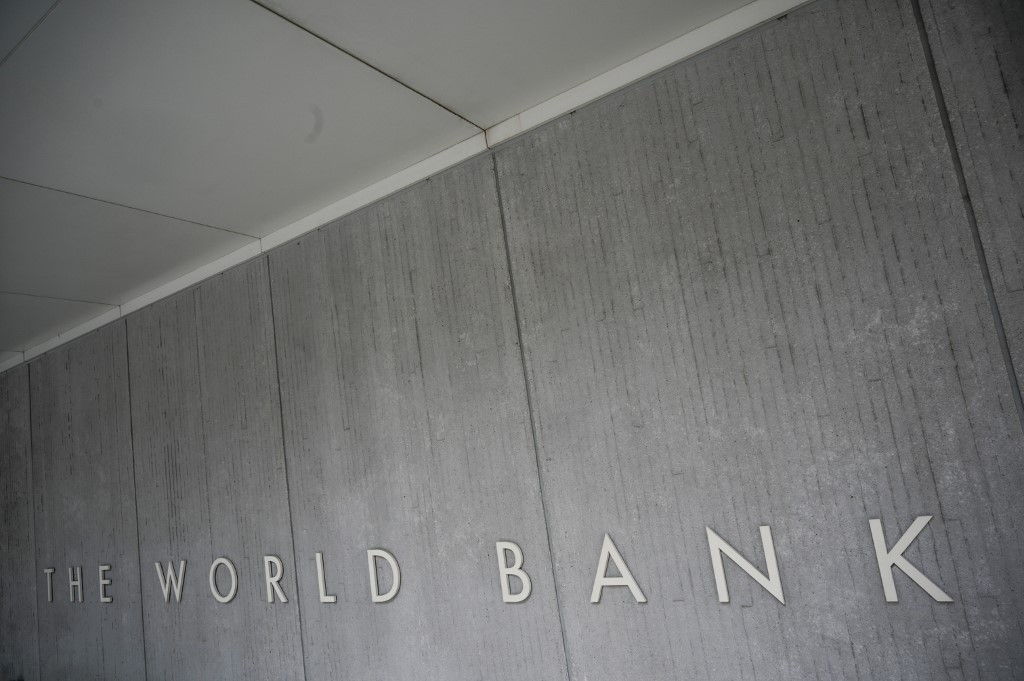World Bank: $2.3-B PPP deals sealed in PH in 2021

MANILA, Philippines—Despite uncertainties wrought by the prolonged pandemic, the Philippines attracted private sector financing for $2.3-billion (over P120-billion) worth of public infrastructure projects in 2021, the World Bank said.
The World Bank’s Private Participation in Infrastructure (PPI) 2021 annual report published last May 3 showed that across low- and middle-income countries, public-private partnership (PPP) projects rebounded in 2021 to reverse historic lows in 2020, when investor appetite weakened at the onset of the COVID-19 pandemic.
Across the globe, private investments for poor and developing countries’ infrastructure rose 49 percent to $76.2 billion last year.
“Although the recovery of private investments is a positive sign, daunting challenges remain. Overall commitments still lag 12-percent lower than the previous five-year average, an indicator that recovery from the deep recession triggered by COVID-19 is still underway,” World Bank said in a statement.
World Bank said that the East Asia and Pacific region — where the Philippines belongs — recorded the biggest private-sector commitment last year, amounting to $28.1 billion, up 69 percent from 2020 commitments.
Indonesia and Vietnam, with $6.9-billion worth each of PPP deals sealed last year, topped the region.
“In terms of both investment commitments and number of projects, [2021] was Vietnam’s highest in the last five years,” the World Bank noted. “The strong pace will likely continue in the next few years, supported by Vietnam’s first-ever law on public-private partnerships, which came into effect in early 2021.”
“This law demonstrated the government’s commitment to attracting high-quality PPP projects and is expected to contribute to the long-term effectiveness and stability of future PPP project implementations,” World Bank said.
An earlier World Bank PPI report noted that the Philippines attracted PPP projects in the water and sanitation sector during the first half of last year.
But now in the Philippines, the private sector was bracing for the implementation of the revised implementing rules and regulations (IRR) of the Build-Operate-Transfer (BOT) Law, which shielded the government from arbitration, as well as provided “anti-market” definitions of contingent liabilities arising from PPP projects.
Contingent liabilities included material adverse government action (Maga) clauses, force majeure, breach of government warranties, as well as failure to deliver contractual obligations, the amended IRR said.
Late last year, the Cabinet-level, interagency Investment Coordination Committee (ICC) ordered agencies and local governments implementing big-ticket PPP projects to ensure private proponents’ financial capacity by setting minimum equity requirements.
The Development Budget Coordination Committee (DBCC) had projected the contingent liabilities stock or the aggregate amount wrought by PPP projects to have risen to P456.2 billion in 2021 from the estimated P311.8 billion in 2020.
It was on top of the P60.4-billion “flow” of contingent liabilities or the amount which “may materialize within a specific interval of time taking into consideration a project’s risk factors” among 18 national PPP contracts signed between 2008 and 2020.
The Duterte administration had previously shunned PPPs, especially unsolicited projects, as it did not want disadvantageous provisions like government guarantees, subsidies, and Maga clauses.
But the current pipeline of flagship infrastructure projects in the ambitious “Build, Build, Build” program included 20 unsolicited PPP projects worth P1.5 trillion, which will be financed by tycoons’ deep pockets.
The UK-based think tank Oxford Economics said in a separate April 29 report that as the renewed COVID-19 lockdowns in China as well as the destruction of Ukraine by Vladimir Putin would weigh on the outlook for global construction activities, “schemes such as Hong Kong’s $25-billion strategic infrastructure plan, the ‘Build, Build, Build’ program in the Philippines, and Indonesia’s presidential regulation no. 109 of 2020 will continue to support the sector.”
